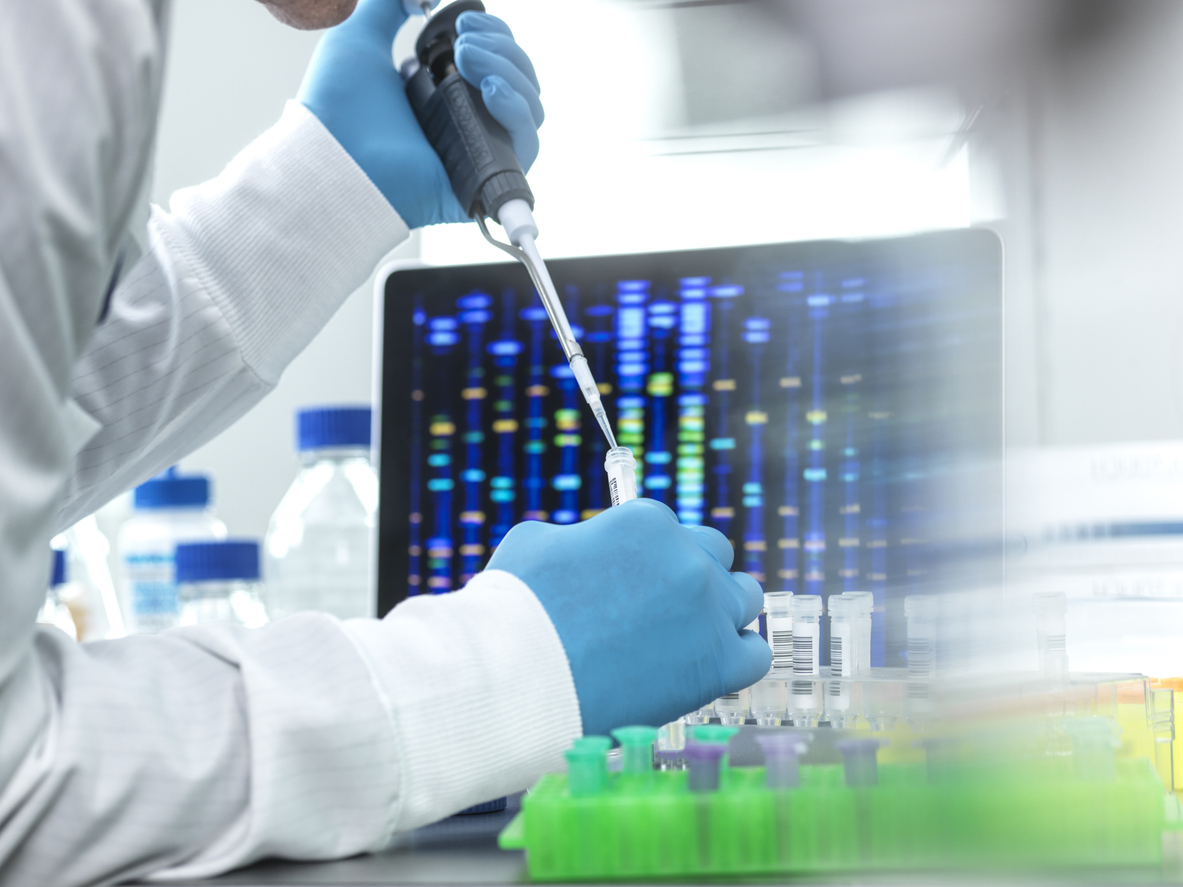The Director will oversee a programme of identification to establish the likelihood that there is a familial link between people who believe they have family members buried at the Tuam site and the human remains that are recovered from that site. A form of DNA testing, known as kinship matching, is the primary scientific method that will be used to establish the likelihood of familial links. This process requires DNA profiles derived from bone or tooth samples taken from the human remains to be compared to DNA profiles derived from DNA samples provided by potential relatives who participate in the Identification Programme. Under the Institutional Burials Act 2022, Forensic Science Ireland (FSI) will perform the DNA testing and matching for ODAIT. FSI and ODAIT are currently discussing the way forward.

Please note that re-association (individualization) and identification of human remains recovered from the Tuam site using DNA will be challenging due to the young age of the children at death, the elapse of time since their death, the environmental conditions in Tuam and the likely small number of close relatives who can provide samples. As in all work of this nature, there are no guarantees but we will put in place the measures needed to meet international standards and best practice concerning the work being carried out.
The General Register Office
ODAIT is also partnering with relevant state bodies who are supporting the Office’s research work, including the General Register Office (GRO). GRO is the central repository for records relating to births, stillbirths, adoptions, marriages, civil partnerships and deaths in Ireland. Members of the public can contract GRO at their website; www.gov.ie/gro, by emailing gro@welfare.ie, or by phone on 0818 253070 or at their offices Research Room, Werburgh Street, Dublin 2 which has limited opening hours.
Update:
• ODAIT has recruited a forensic geneticist to assist in establishing the Identification Programme and to advise on all aspects related to DNA testing.
• Ongoing coordination between ODAIT and Forensic Science Ireland to prepare for this stage of the project.
See also:


